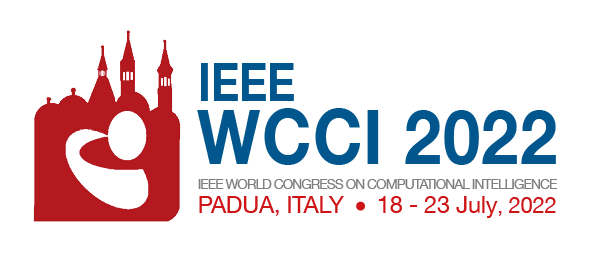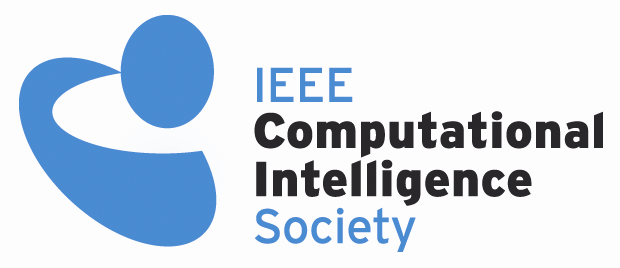Call for papers
Special Session
Partitioning and Clustering for Evolutionary Computation
WCCI2022
IEEE WORLD CONGRESS ON COMPUTATIONAL INTELLIGENCE
Padua, Italy 18-23 July 2022


Overview and Scope
Partitioning points out techniques in which the samples are divided into different groups in terms of some criteria. Clustering is a special type of partitioning approach in which the samples are categorised into a group according to their similarities. Partitioning can be applied for different purposes in evolutionary computation such as improving the performance, finding a promising region, solving a large-scale problem, and finding a proper value for a specific parameter.Generally speaking, partitioning and clustering can be seen in different levels of an algorithm. The most important
ones are as listed follows:
- Partitioning and clustering in the population level: partitioning the whole or a subset of the population is more popular among others. Multi-population can outperform the performance since they work by partitioning the population
into smaller subpopulations which can move towards different optima. As a result, preserving diversity and helping algorithms to escape from local optima is easier. Also, Multi-population can be used for other goals such
as finding a promising region. - Partitioning and clustering at the individual level: these strategies try to group variables. For example, Cooperative Coevolutionary algorithms identify dependent variables and then group them into subproblems.
- Partitioning and clustering in the parameter level: these strategies work based on parameters and not population. There is not much research in this category.
The goal of this special session is the use of partitioning and clustering approaches for evolutionary computation, covering all different evolutionary paradigms. The aim is to investigate both the new theories and methods in different
evolutionary paradigms in different domains such as image processing, pattern recognition, scheduling, and transportation.
Topics of Interest
Authors are invited to submit their original and unpublished work to this special session, the topics of interest (but not limited) are the following:
- Random partitioning in evolutionary computation
- Dynamic sub-swarm number strategy in evolutionary computation
- Seed and distance-based partitioning techniques in evolutionary computation
- Hierarchical partitioning techniques in evolutionary computation
- Dynamic multi-population techniques in evolutionary computation
- Clustering-based multi-population techniques
- Multi-level clustering-based multi-population techniques
- Random partitioning with master-population
- Decomposition-based approaches in large-scale optimisation
- Clustering approaches for finding proper parameter values
- Decomposition approaches in multi-objective evolutionary algorithms
- Decomposition approaches in Multi-modal multi-objective Evolutionary Algorithms
Submission Guidelines
Please follow the submission guidelines from the IEEE WCCI 2022 Submission Website. Special session papers are treated the same as regular conference papers. Please specify that your paper is for Special Session on Partitioning and Clustering for Evolutionary Computation. All papers accepted and presented at WCCI 2022 will be included in the conference proceedings published by IEEE Explore, which are typically indexed by EI.
Important Dates
31 Jan 2022: Paper Submission Deadline
26 Apr 2022: Paper Acceptance Notification
23 May 2022: Final Paper Submission & Early Registration Deadline
18-23 July 2022: Conference Date
More information: https://wcci2022.org/
Organizers
Dr. Seyed Jalaleddin Mousavirad – Hakim Sabzevari University, Iran
Dr. Diego Oliva – Universidad de Guadalajara, Mexico
Dr. Erik Cuevas – Universidad de Guadalajara, Mexico
Dr. Ripon K. Chakrabortty – UNSW Canberra, Australia